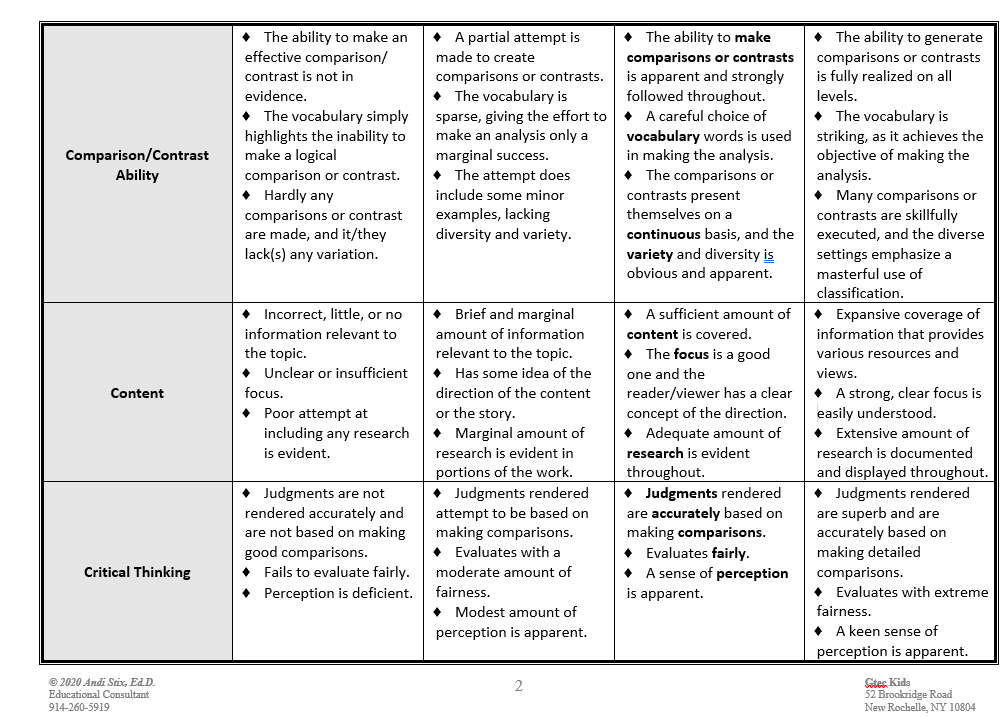5 Ways to Cultivate Creative Thinking
An article in the Pacific Standard (Nov 4th, 2013) discussed how standardized testing is killing our youth’s creative potential in the United States. So, let’s counteract national demands and discuss how to harness and cultivate creativity in our children.Creativity is often thought of as original thought. However, it is more likely a composite of ideas, feelings, and thoughts that we encounter during everyday life. If we examine the great thinkers and producers over time, common characteristics become apparent: 1. Value BrainstormingOftentimes in a...
Read More













